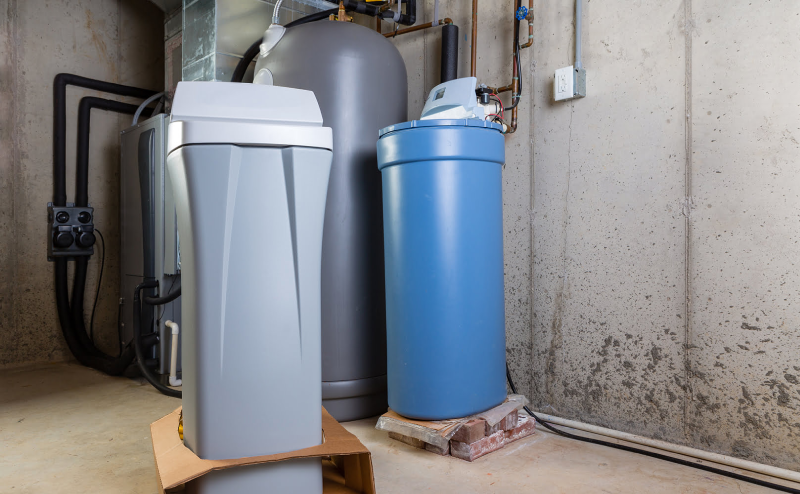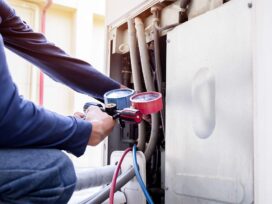
Best Details All About the Water Softeners
Most people who live in hard water areas are aware of the importance of having a water softener that they can depend on.
However, even if drinking hard water isn’t harmful to your health, you should avoid doing so. As a result, you may notice a decrease in the quality of your water, as well as a decrease in the life expectancy of your plumbing fixtures. If you drink hard water, your hair and skin may also get dry. You should buy a water softener as soon as possible if you don’t already have one of these devices.
If you’re thinking about acquiring a new water softener, there are a few things to keep in mind. A water softener’s lifetime is typically 10 to 15 years. If you’re looking for a water softener, our buying guide might help you narrow down your options.
How can I know whether it’s time to replace my water softener and when?
You may need to replace your water softener or at the very least have the current one serviced if you see any of these signs. Water softener malfunctions may be to blame if you find that the soap isn’t forming lather when you’re having a shower, or if your clothes come out of the washing machine stiff. Because of the minerals in hard water, a buildup on your faucets and pipes may also be an issue.
Many different kinds of water softeners are available.
Choosing the right water softener for your house and family may be on your mind. Let’s have a look at some of the many types of water softeners on the market first:
- It’s called a salt-based water softener, and it’s the most often used kind. Ion exchange water softeners employ resin beads to extract calcium and magnesium ions from hard water and then release sodium ions back into the water. For this reason, you’ll want to look for a water softener that regenerates after a given amount of time has passed or after a certain amount of water has been processed through it. Resin replenishment is necessary. Once a week, the majority of organisms renew.
- A salt-free water softener does not utilize salt to remove heavy minerals from the water you use to drink. Rather, they employ a mechanism that is able to attract minerals and change them into crystals; this, in turn, limits mineral buildup.
One of the key distinctions between dual-tank water softeners and other, more traditional models is the presence of not one, but two tanks. These two tanks make up this water softener. One tank is continually working, while the other constantly regenerates salt. A water softener that doesn’t utilise salt and has two tanks is also available to you.
Conclusion
It is possible to install a magnetic water softener straight to your water line. Households with limited space might benefit greatly from the usage of this sort of water softener. These water softeners employ a magnetic field to remove either negative or positive ions from the water. Due to their neutral charge, the minerals will not stick together and will maintain their water solubility.







